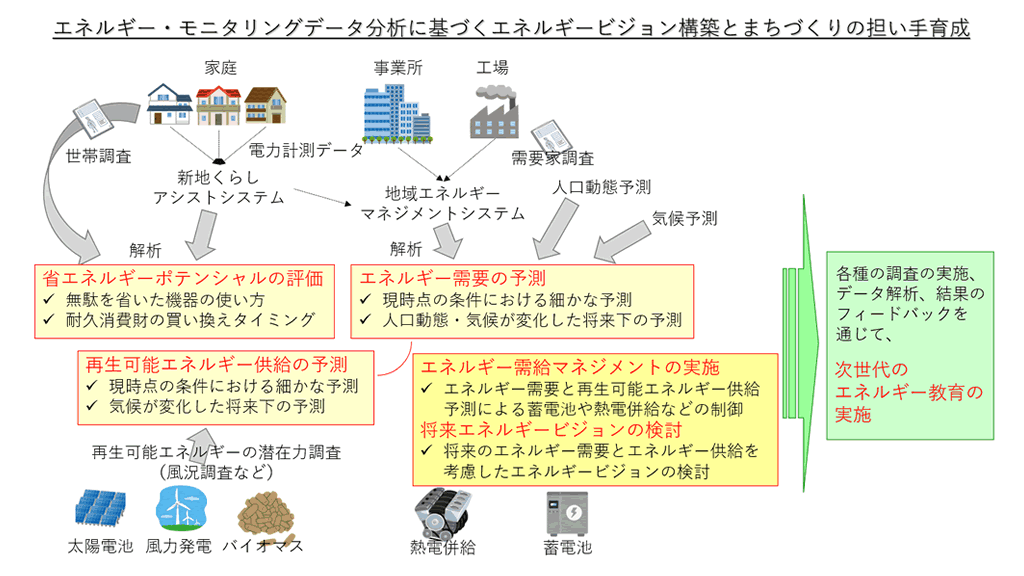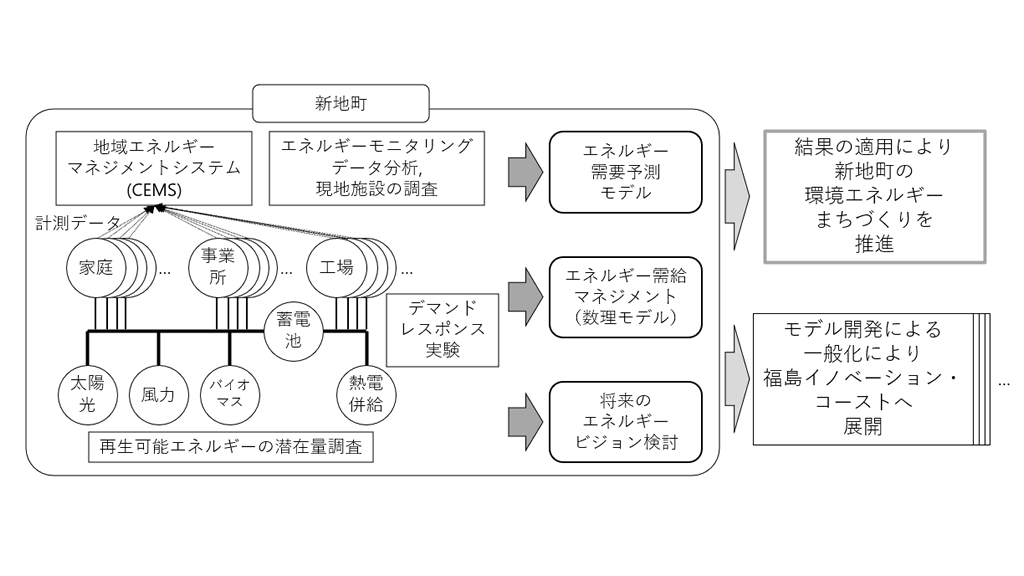Laboratories
- Home
- Laboratories
Laboratories
-
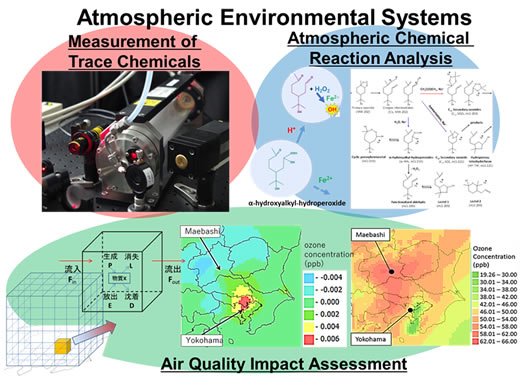
- Atmospheric Environment Systems
- Prof. K.Tonokura / Assist. Prof. M.Fujita
-
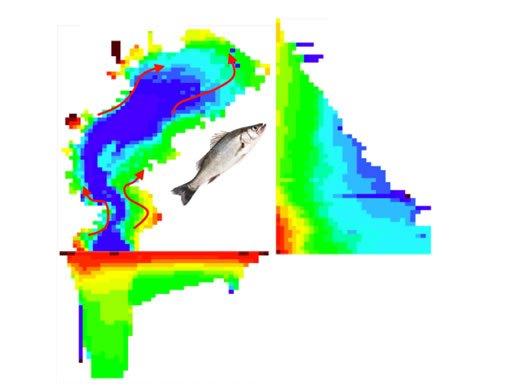
- Marine Environment Systems
- Prof. S.Tabeta
-
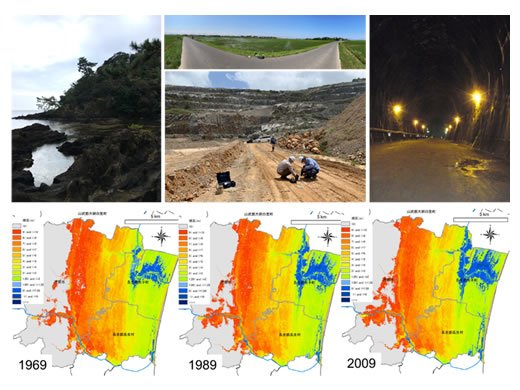
- Geosphere Environment Systems
- Prof. T.Tokunaga
-
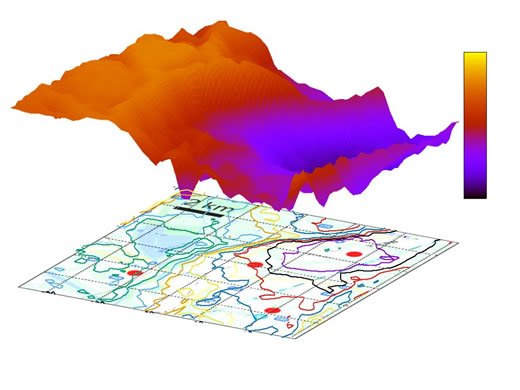
- Energy and Environment
- Assist. Prof. M.Aichi
-
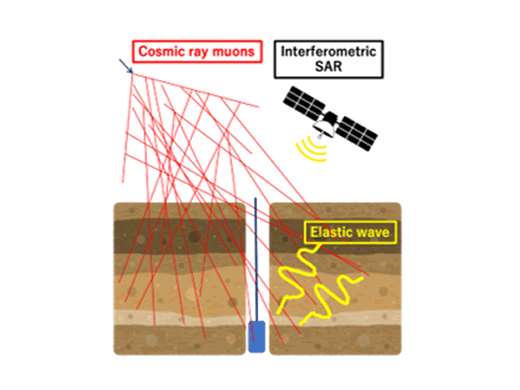
- Energy and Resources Systems
- Prof. J.Matsushima
-
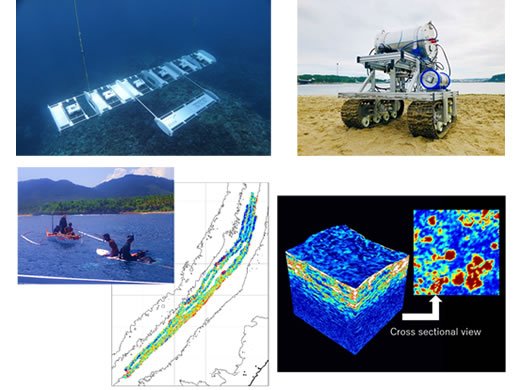
- Environmental Informatics and Sensing
- Assoc. Prof. K.Mizuno
-
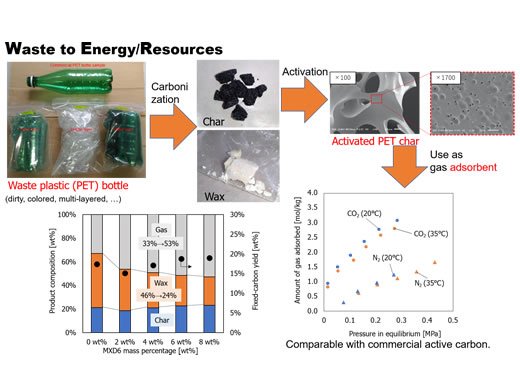
- Environmental Safety Systems
- Prof. T.Nunoura / Assist. Prof. Sawai
-
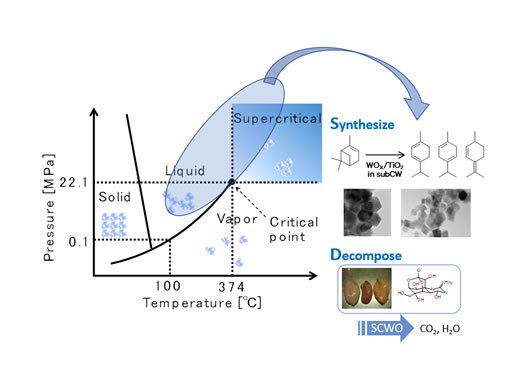
- Environmental Process Engineering
- Assoc. Prof. M.Akizuki
-
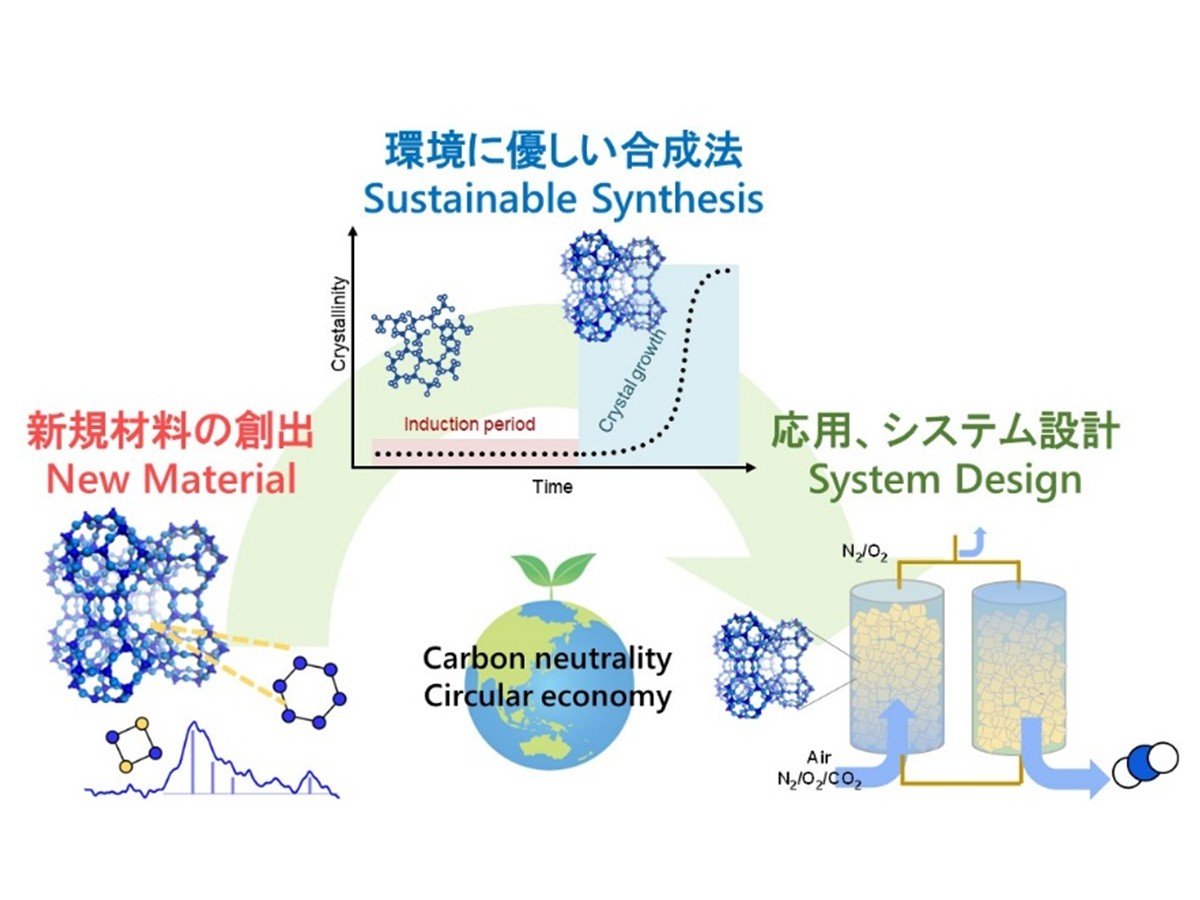
- Environmental Material Systems
- Assoc. Prof. K.Iyoki / Project Assist. Prof. Hayashi
-
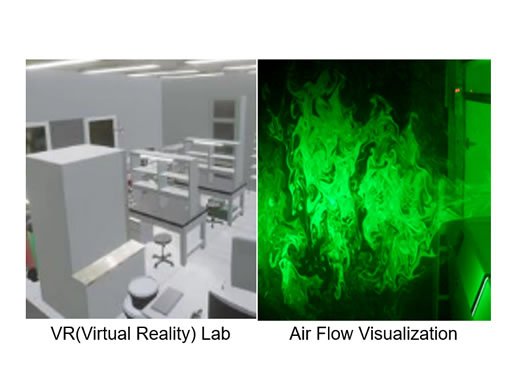
- Environmental Risk Assessment
- Prof. Y.Oshima
-
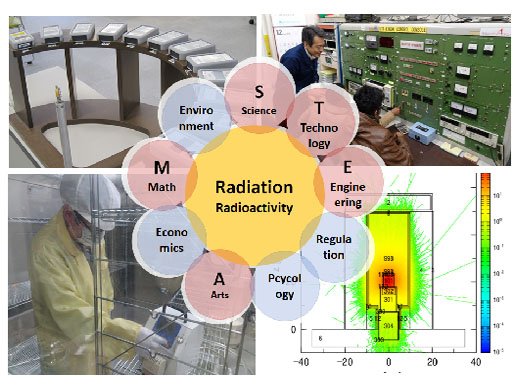
- Environmental Safety Management
- Prof. T.Iimoto
-
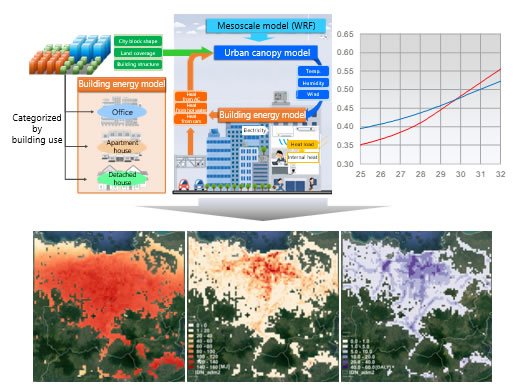
- Environmental Social Systems
- Assoc. Prof. T.Ihara
-
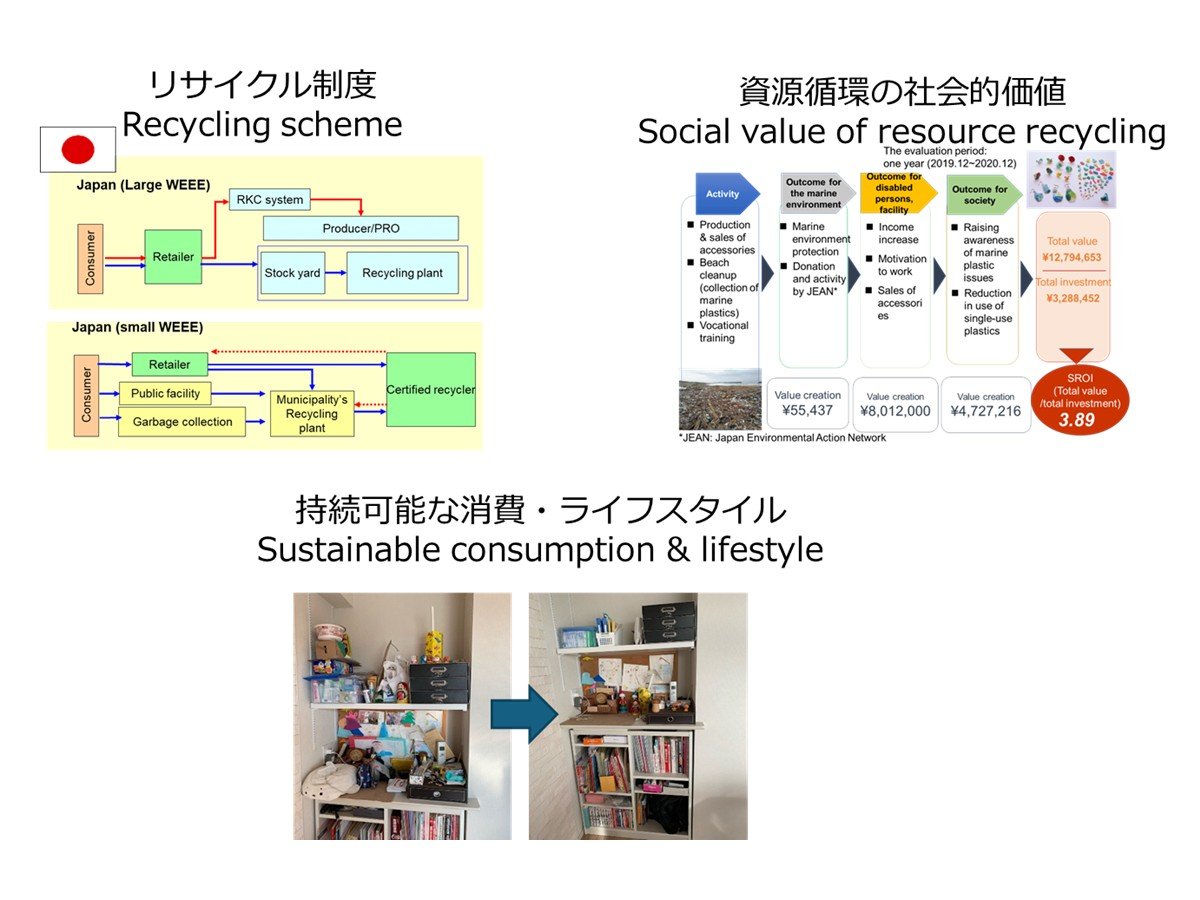
- Material Cycles and Social Systems
- Assoc. Prof. A.Yoshida
-
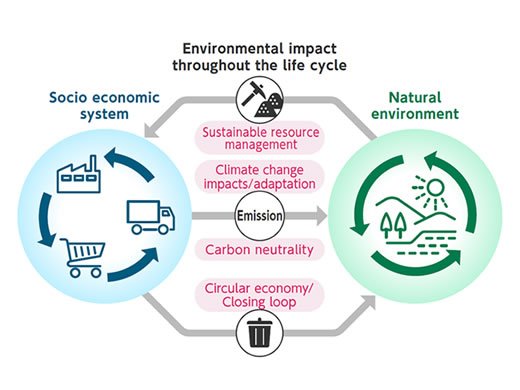
- Transition to a Cycle-Oriented Society
- Prof. Y.Hijioka / Prof. M.Fujii / Prof. K.Nakajima
Faculty
Our department has faculty members with diverse academic backgrounds and specialized knowledge related to environment systems.
Atmospheric Environment Systems
(Prof. K.Tonokura / Assist. Prof. M.Fujita)
Member
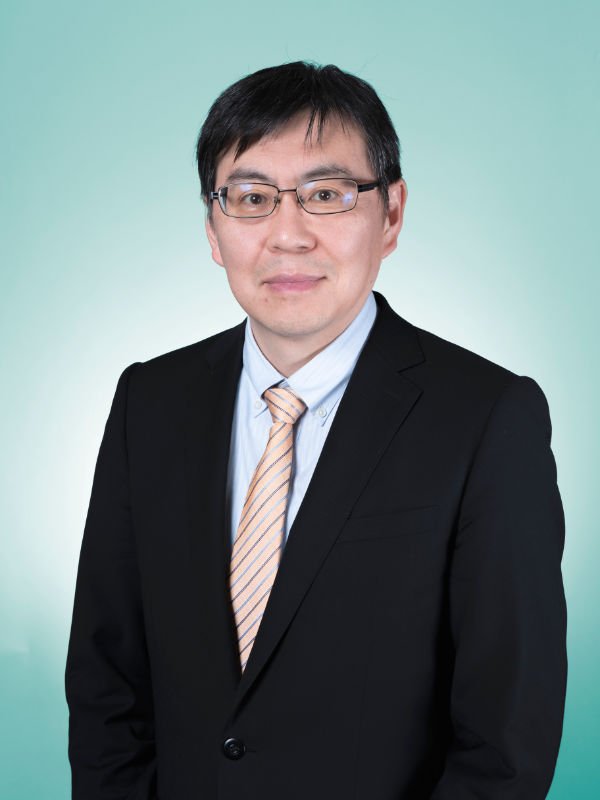
- Kenichi TONOKURA Professor
-
tonokurak.u-tokyo.ac.jp
Researcher Info
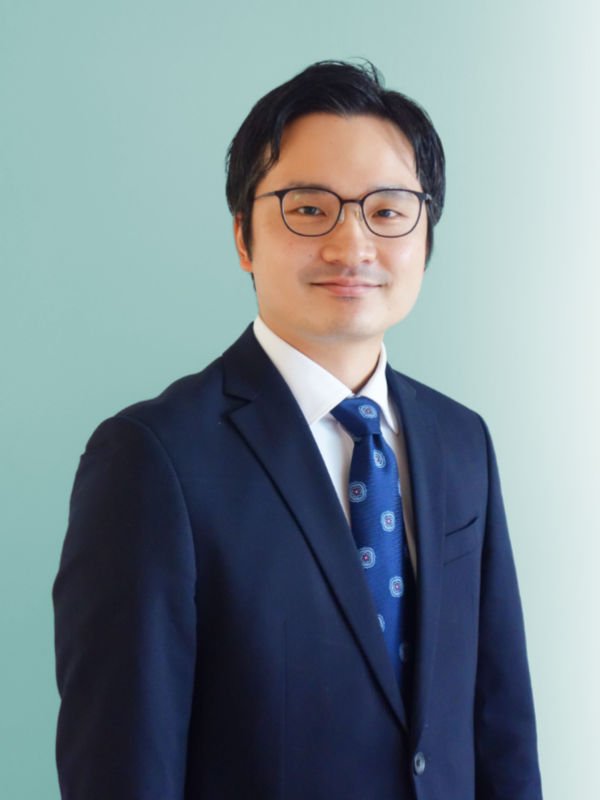
- Michiya FUJITA Assistant Professor
-
michiya.fujitak.u-tokyo.ac.jp
Researcher Info
Lab.HP
http://www.tonokura-lab.k.u-tokyo.ac.jp/en/Research Overview
Air quality issues are the result of interplay between the following factors: chemical reaction and mass transport. In order to reduce negative environmental impact, we need to identify as well as understand the reaction mechanisms that occur in the atmosphere and recognize the effect of these mechanisms on the environment as a whole. The research the laboratory performs is based on the belief that new interpretations of homogeneous reactions occurring in the troposphere and stratosphere are important in the development of counter measures against global warming. Thus, the laboratory employs several methods to conduct atmospheric chemistry research (the study of atmospheric chemical reactions) and to perform high sensitivity measurement of atmospheric trace species. These methods include: Techniques that possess effective optical paths in the range of tens of kilometers such as CRDS (cavity ring-down spectroscopy) and WMS (Wavelength modulation spectroscopy). High sensitivity laser spectroscopy.
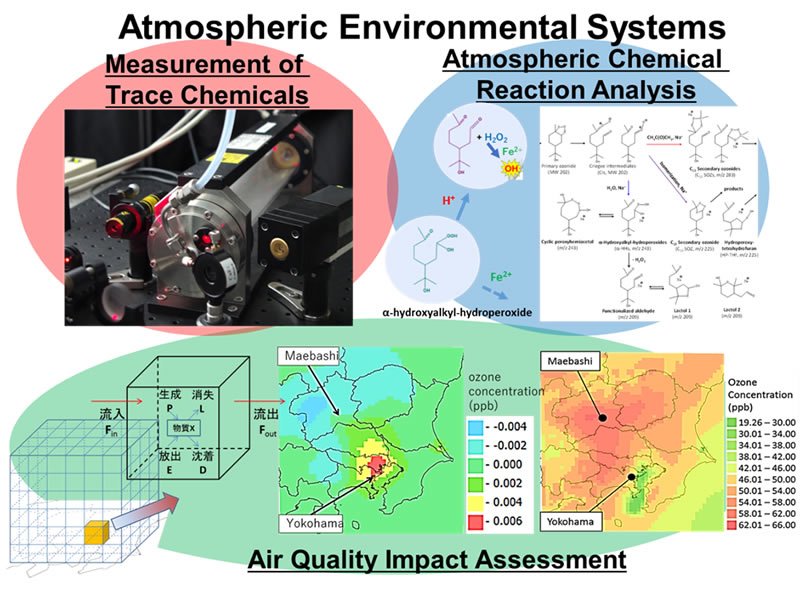
Research Keywords
- Measurement of trace chemicals in the atmosphere
- Atmospheric chemical reaction analysis
- Air quality impact Assessment
Marine Environment Systems
(Prof. S.Tabeta)
Member
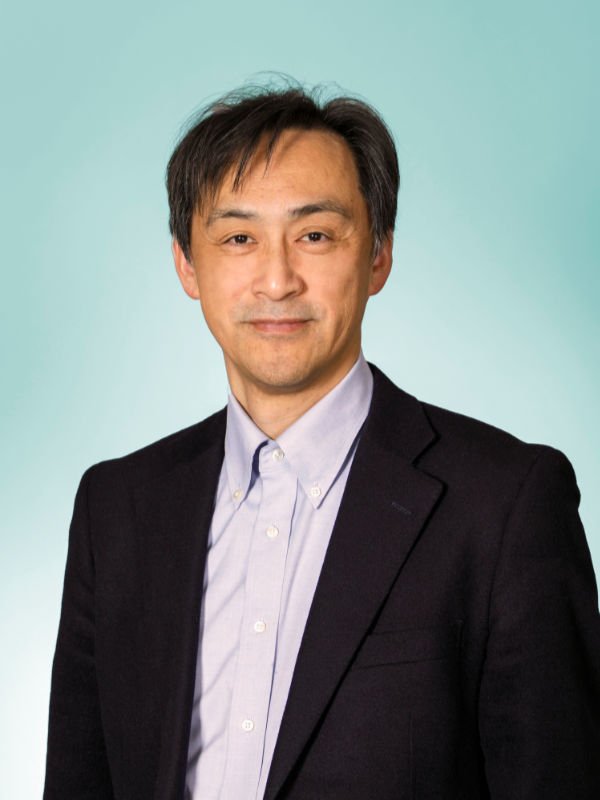
- Shigeru TABETA Professor
-
tabetak.u-tokyo.ac.jp
Researcher Info
Lab.HP
http://mee.k.u-tokyo.ac.jp/Research Overview
The life of human being cannot stand without a variety of ecosystem services, especially the ocean which occupies about 70% of the earth's surface plays an important role in the problems of the earth's climate, food, and energy. To continue enjoying the blessings of the sea, preserving various functions of marine environment, restoring deteriorated environment, and creating a favorable new one are crucial. We aim to analyze and evaluate marine environment systems from the viewpoints of physical processes, ecosystems, and social systems considering the interaction of land, coastal zones, and oceans. Main areas of our research are; environmental impact assessment of ocean and coastal development, restoration and management of coastal environment, integrated approach for sustainable coastal fishery, marine environmental problems of rapidly developing East Asian countries, utilization of deep sea water to enhance coastal habitat and productivity, modelling of marine ecosystems and socio-economic systems to analyze these problems, and so on.
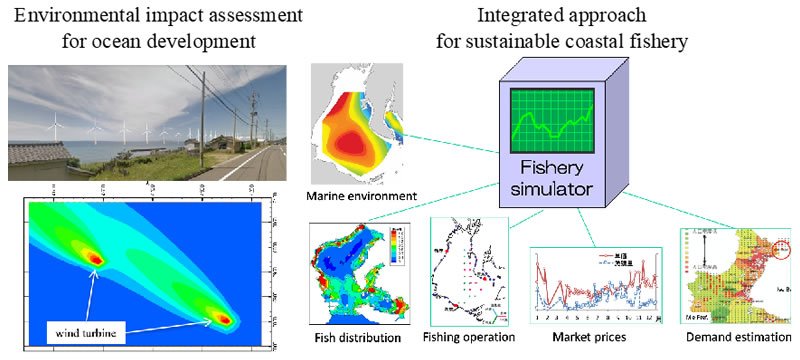
Research Keywords
- Environmental impact assessment of ocean and coastal development
- Restoration and management of coastal environment
Geosphere Environment Systems
(Prof. T.Tokunaga)
Member
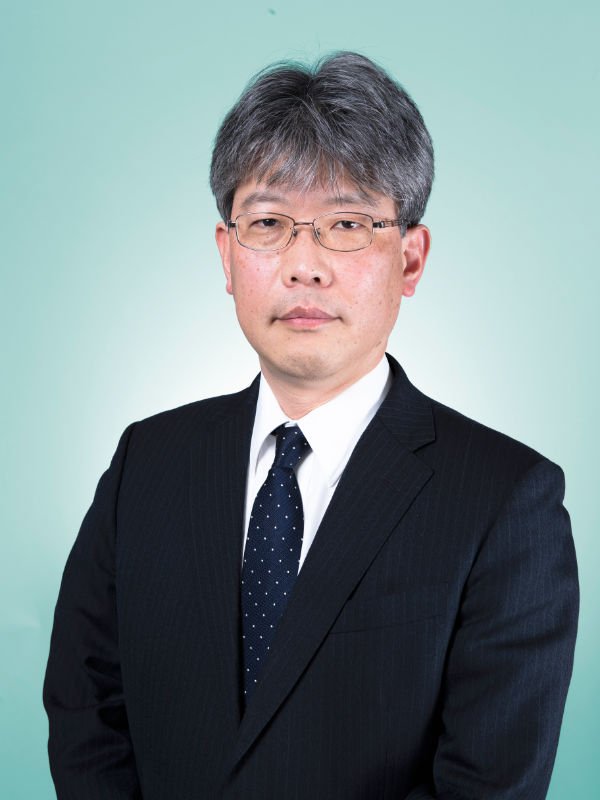
- Tomochika TOKUNAGA Professor
-
tokunagak.u-tokyo.ac.jp
研究者情報
Lab.HP
https://webpark1675.sakura.ne.jp/toku/Research Overview
Earth's geosphere, which represents humanity's ecological footprint, supports highly developed human activities such as resource extraction, groundwater use, waste disposal, and the building of tunnels and underground malls. However, the resulting environmental changes have been associated with many problems. Research in our laboratory examines the natural processes of geosphere environments and develops engineering techniques to optimize the use of geosphere resources. Applicable fields include securing water and energy resources, facilitating proper subsurface management and development, and preservation of subsurface environments. The aim of our research is to understand and predict the changes in the geosphere that are brought about by the interaction between humans and nature. Through our work, we strive towards the purpose of developing technologies and methods for managing the geosphere environment in a way that is environmentally harmonious.
Our recent research topics include the following:
- Process-based numerical modeling (groundwater flow and transport with density effect, coupled surface-subsurface flow) to study tsunami-induced seawater intrusion, subsurface dams and groundwater environment, and drywells for stormwater management
- Analysis of late Pleistocene to Holocene deposits in land subsidence areas using borehole database and GIS
- Chemical osmosis and rock deformation in mudstones
- Freshwater lenses in extremely permeable aquifers
- The effect of exhaust heat on subsurface temperatures in urban areas
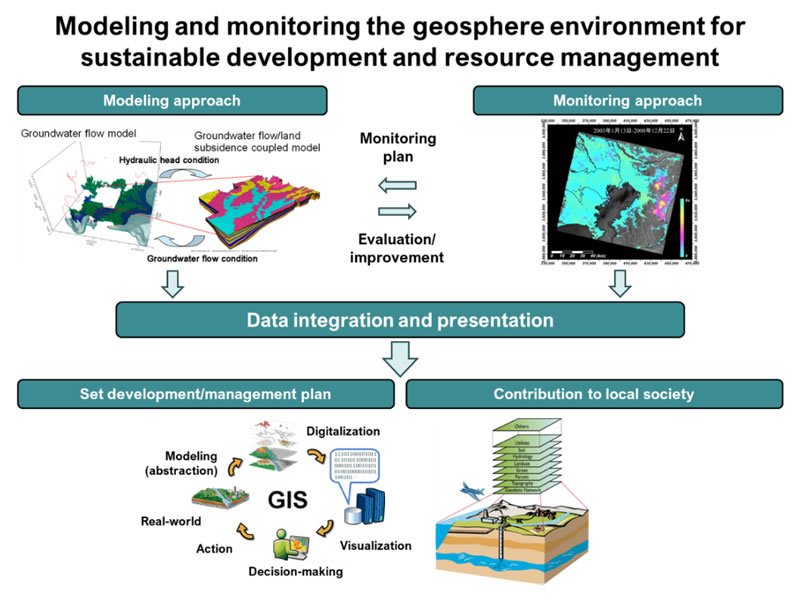
Research Keywords
- Assessment of environmental impact for sustainable resource development in the geosphere
- Research on groundwater issues to create and advance viable solutions
- Understanding of various underground phenomena
Energy and Environment
(Assist. Prof. M.Aichi)
Member
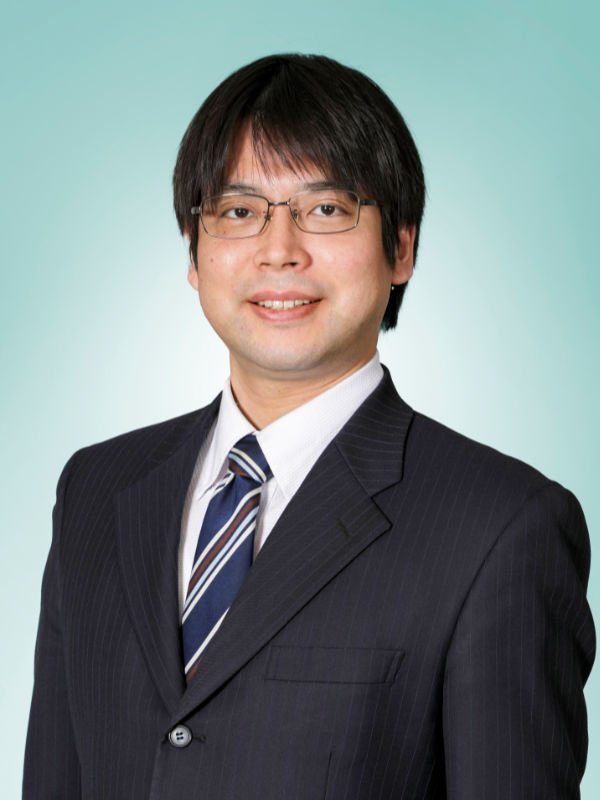
- Masaatsu AICHI Assistant Professor
-
aichik.u-tokyo.ac.jp
Researcher Info
Lab.HP
https://webpark1783.sakura.ne.jp/#/Research Overview
Energy is vital in every situation of our life and industrial activities. However, the current way of energy supply and consumption faces problems such as climate changes and dwindling resources. The realization of a sustainable and environment friendly energy system is necessary for our future. We should develop three technologies of importance, i.e., energy-saving to keep and develop our activities under less energy consumption, switching to renewable energy resources with less environmental load and appropriate disposal of wastes from the current energy system.
In order to contribute to them, our laboratory studies hydrogeological and thermoporomechanical modeling to search suited areas for geothermal heat pump systems and geothermal power plant, design of a possible sustainable energy system by combining several renewable energy resources with geothermal heat, and techniques to integrate modeling and monitoring for better understanding of subsurface heat and fluid motion to monitor and control the sites of carbon capture and storage or geological repository of radioactive wastes. Our research combines several approaches such as theoretical analysis, numerical simulation, laboratory experiment, and field investigations to challenge the problems which are often complex and difficult to be observed directly.
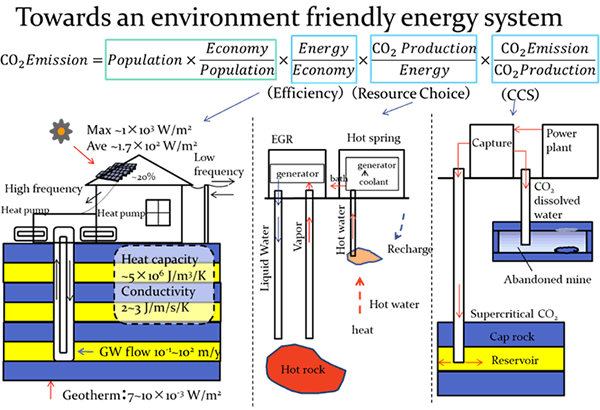
Research Keywords
- Searching for a suitable location for a geothermal heat pump system
- Transition to a sustainable energy system that combines geothermal and other renewable energies
- Reduction of environmental impact associated with energy production and consumption
Energy and Resources Systems
(Prof. J.Matsushima)
Member
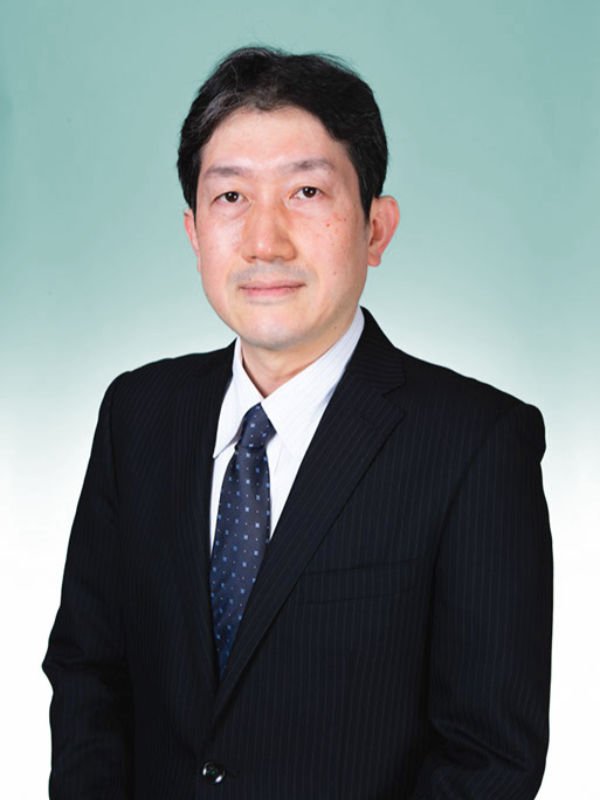
- Jun MATSUSHIMA Professor
-
jun-matsushimaedu.k.u-tokyo.ac.jp
Researcher Info
Lab.HP
http://park.itc.u-tokyo.ac.jp/jmatsushima/member/matsushima.htmlResearch Overview
Exploration geophysics is eyes looking inside the subsurface by using physical methods at the surface of the Earth to measure the physical properties of the subsurface. We are developing new algorithms for investigating the physical properties of subsurface rocks and their validation by laboratory measurements and rock physics modeling. Although so far our targets include georesources such as methane gas hydrate and geothermal energy, we would like to create transdisciplinary sciences based on georesources-oriented geophysical technologies. By combining cosmic-ray muon and seismic exploration, we can identify geomechanical parameters (two elastic constants, density) which are required for reservoir simulation coupling fluid flow and geomechanics, and then finally improve the accuracy of monitoring geological environment.
The degradation of energy quality is an essentially important issue in maintaining our society. One way to mathematically express the energy quality is the EROI (Energy Return on Investment) which is defined as the ratio between the quantity of energy delivered to society by an energy system and the quantity of energy used directly and indirectly in that process. The estimation of EROI can provide useful insights for examining the advantages and disadvantages of different fuels in the energy production process. Many of the world's remaining oil potential are located in challenging regions, such as the Arctic or in deep waters. It is important to estimate how EROI decreases and how the decreasing EROI affects our society. Energy acquisition and flow in ecosystems constitute a model system, and we would like to consider from energy acquisition and utilization to the economy based on the energy resource theory learned from ecosystems.
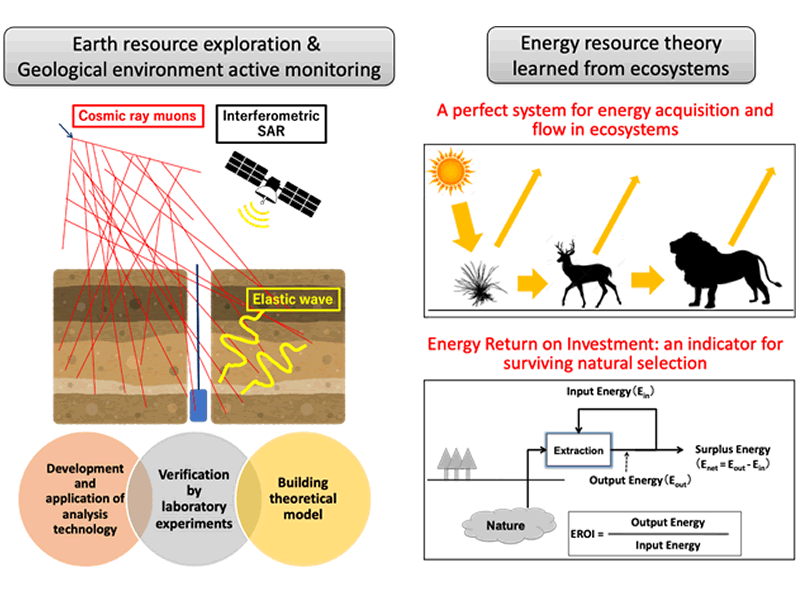
Research Keywords
- Earth resource exploration & Geological environment active monitoring
- Energy resource theory learned from ecosystems
Environmental Informatics and Sensing
(Assoc. Prof. K.Mizuno)
Member
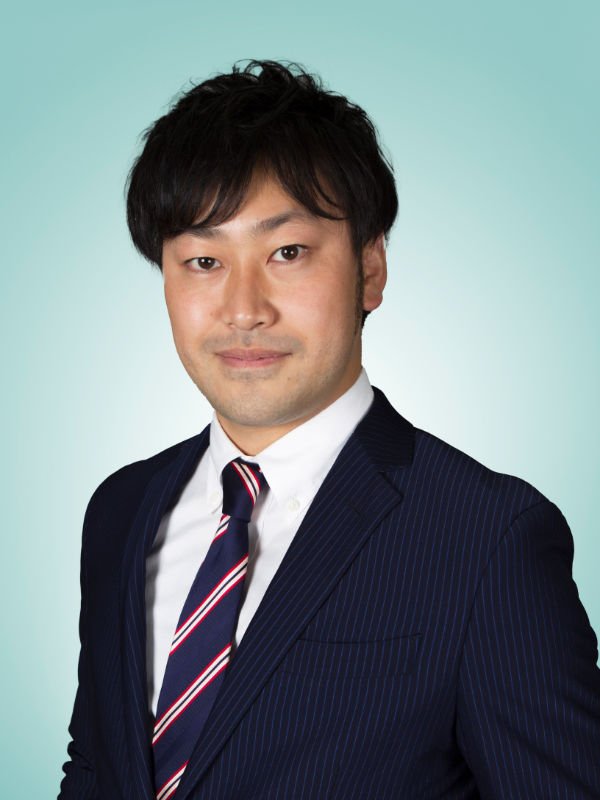
- Katsunori MIZUNO Associate Professor
-
kmizunoedu.k.u-tokyo.ac.jp
Researcher Info
Lab.HP
https://webpark2264.sakura.ne.jp/mizu/Research Overview
EIS laboratory is developing a new concept of environmental sensing and information processing technology to obtain environmental information efficiently and quantitatively based on physical measurement methods such as ultrasonic waves and light, with the aim of understanding the interaction between "nature" and "humans" mainly in the hydrosphere field. The introduction of power generation facilities using renewable energy, development associated with the effective use of fisheries, tourism, mineral resources, etc., and environmental changes associated with climate change, such as global warming, are recognized as ongoing issues common to the world, and there is concern about the short- and long-term impacts of these environmental changes on the natural and human worlds. In the future international society, where the Sustainable Development Goals (SDGs) are set, the enhancement of objective environmental data is considered to be one of the most important approaches when establishing policies and discussing issues among various stakeholders. For this purpose, I feel that the importance of environmental informatics and sensing will increase more and more in the future.
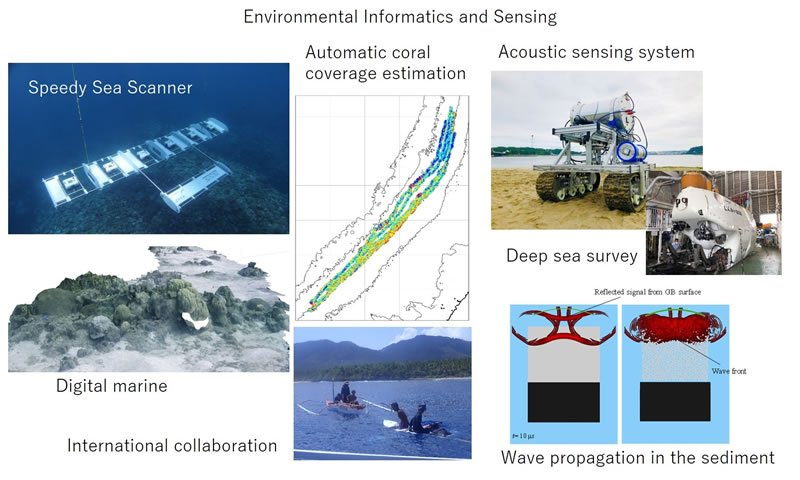
Research Keywords
- Development of a new sensing and information processing technologies to correctly capture the environmental changes caused by human activities and climate changes.
- Creation of an cross-disciplinary field for scientific discussion of international environmental issues
Environmental Safety Systems
(Prof. T.Nunoura / Assist. Prof. Sawai)
Member
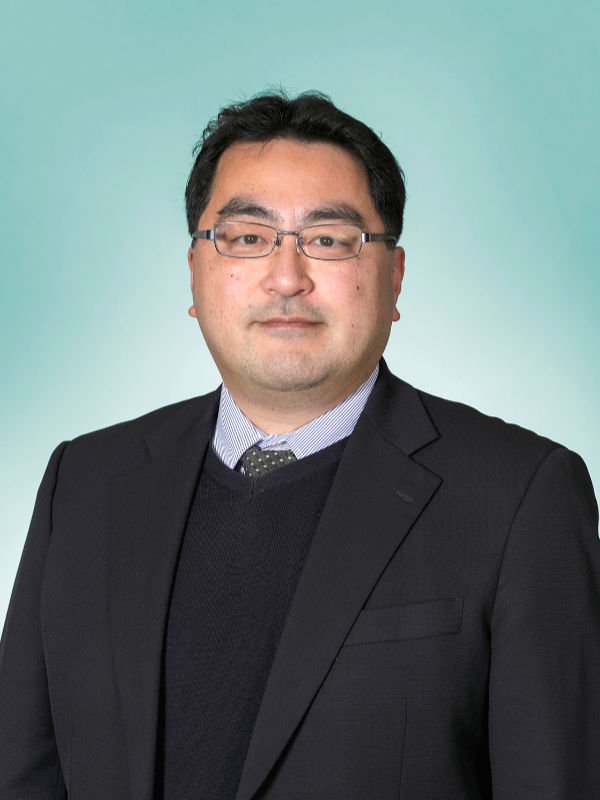
- Teppei NUNOURA Professor
-
nunouraesc.u-tokyo.ac.jp
Researcher Info
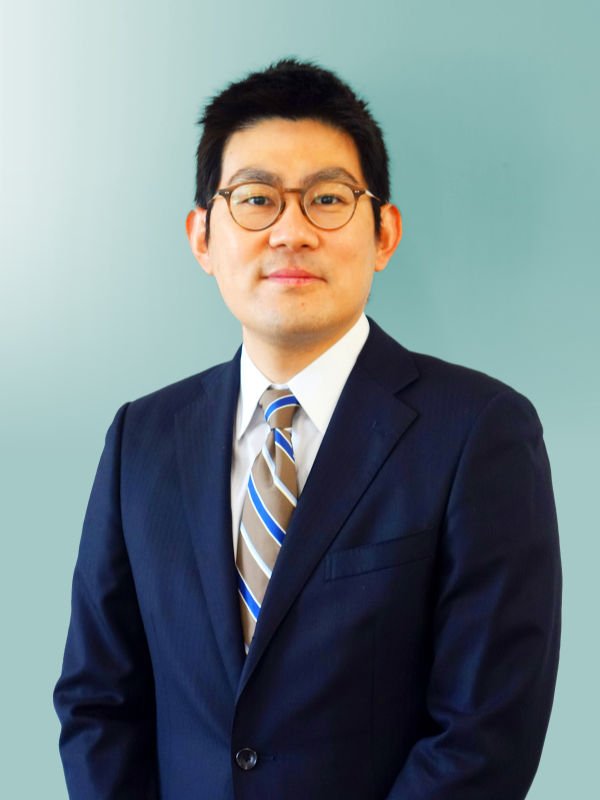
- Osamu SAWAI Assistant Professor
-
o_sawaiesc.u-tokyo.ac.jp
Researcher Info
Lab.HP
http://www.nunolab.k.u-tokyo.ac.jp/Research Overview
Social activities of human beings are always involved with the production of wastes. In a university, for instance, various types of wastes are steadily generated, including general ones similar to domestic garbage and also highly harmful ones that are infectious or chemically hazardous. These wastes have to be either processed for proper recycling or treated and disposed of safely. In any case, these recycling/treating processes need to be environmentally safe, so as not to cause any problems in the environment. This environmental safety aspect must always be considered when developing technologies to deal with wastes.
Our laboratory focuses on the development and environmental-safety assessment of novel technologies for the treatment of chemically hazardous wastes and for the waste-to-energy conversion. Currently we are studying on (i) treatment of osmium waste using supercritical fluids, (ii) hydrothermal synthesis of nano-sized ferrite particles for wastewater treatment, (iii) supercritical water gasification of organic waste such as waste vegetable oil, (iv) carbonization of non-recyclable PET plastics, and (v) advanced oxidation of palm oil mill effluent.
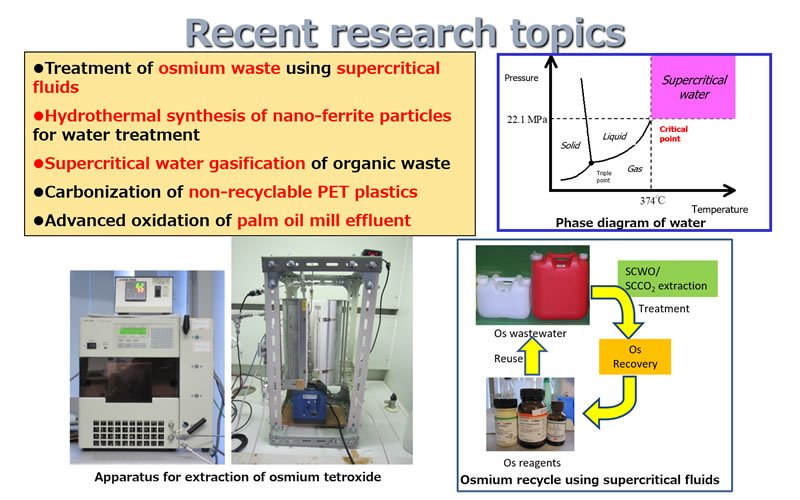
Research Keywords
- Treatment of hazardous waste
- Conversion of biomass waste to energy/resources
- Development and environmental-safety assessment of novel technologies
Environmental Process Engineering
(Assoc. Prof. M.Akizuki)
Member
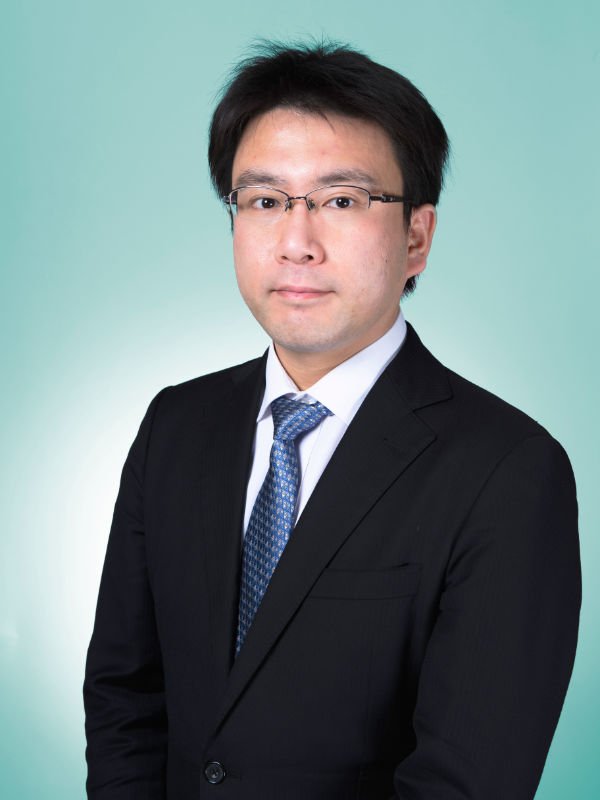
- Makoto AKIZUKI Associate Professor
-
akizukik.u-tokyo.ac.jp
Researcher Info
Lab.HP
https://www.oshimalab.k.u-tokyo.ac.jpResearch Overview
Various chemical processes support our daily lives. Recently, these processes are required to be environmentally friendly at various levels, including global, regional, and local. This laboratory aims to develop environmentally friendly synthetic processes and waste treatment processes. Based on chemistry and chemical engineering, we develop elemental technologies, propose processes, and evaluate them.
Particularly, we focus on the engineering applications of high temperature and pressure fluids, such as supercritical fluids. Materials exhibit different properties at high temperature and pressure conditions than at ambient conditions, and the properties can be adjusted by changing the temperature and pressure. For example, high temperature and pressure water (sub- and supercritical water) has ability to dissolve organic materials, while inorganic materials are insoluble. In addition, the polarity and ionic property of sub- and supercritical water can be adjusted according to the temperature and pressure. In response to the increasing complexity of chemical reaction, high temperature and pressure fluids are expected to play an important role in environmentally friendly processes because they can achieve desired properties with low toxicity and inexpensive material. Our laboratory conducts comprehensive research on chemical reactions in high temperature and pressure fluids, from basics to applications. In addition, high temperature and pressure fluids are closely related to phenomena in high temperature and pressure environments in nature or energy-related technologies, and we focus on constructing a science of high temperature and pressure fluids that integrates these various fields.
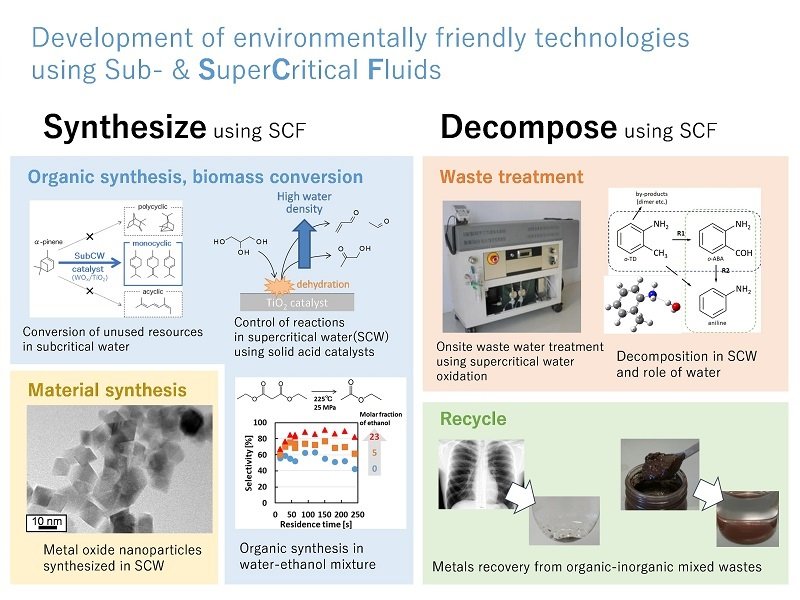
Research Keywords
- Organic synthesis and biomass conversion in sub- and supercritical water or alcohol
- Synthesis of functional nano particles using supercritical water
- Waste treatment using decomposition reactions in sub- and supercritical water
- Metals recycle from organic-inorganic mixed wastes using supercritical water
- Development of novel reaction fields using supercritical fluids and solid catalysts
- Novel synthetic processes using adjustability of supercritical fluids
Environmental Material Systems
(Assoc. Prof. K.Iyoki / Project Assist. Prof. Hayashi)
Member
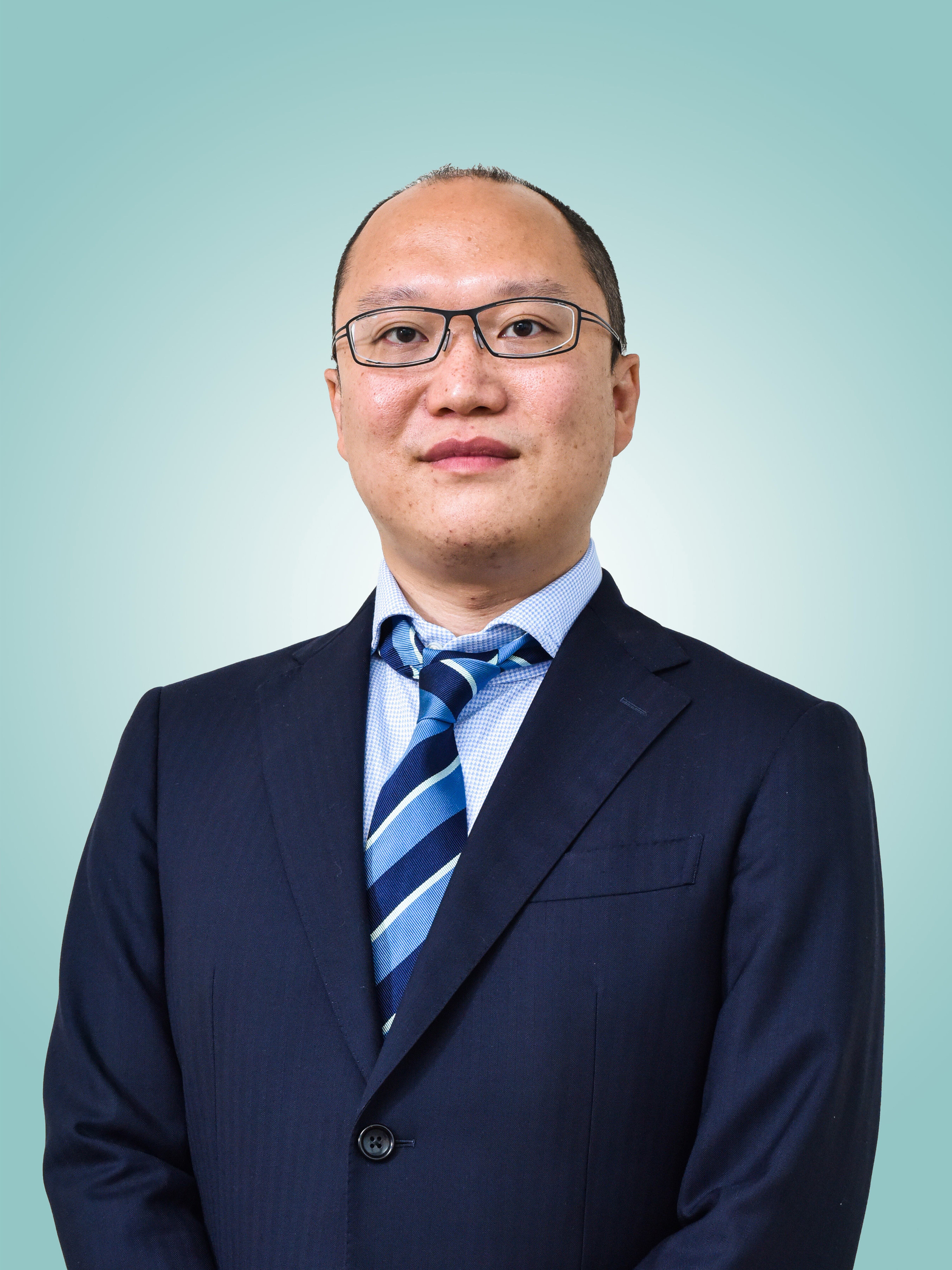
- Kenta IYOKI Associate Professor
-
iyokiedu.k.u-tokyo.ac.jp
Researcher Info

- Taiki HAYASHI Project Assistant Professor
-
t.hayashiedu.k.u-tokyo.ac.jp
Researcher Info
Lab.HP
https://iyokilab.k.u-tokyo.ac.jp/Research Overview
New materials can be a chance for innovation when it comes to creating a better environment, however, in order to bring superior materials to the world, they need to be able to be synthesized in large scale using realistically feasible and environmentally friendly processes. We are working on the creation of new materials that contribute to solving environmental problems, the development of rational synthesis processes for these materials, and their application development. We are particularly strong in the synthesis and application of zeolites, porous materials used as catalysts and adsorbents, and some research towards their practical application are in progress. In the future, we intend to expand the scope of our research to include the development of other necessary materials and the evaluation of systems in order to solve issues that humanity will have to face in the future, such as carbon neutrality and the circular economy, and we would like to take on this challenge together with you.
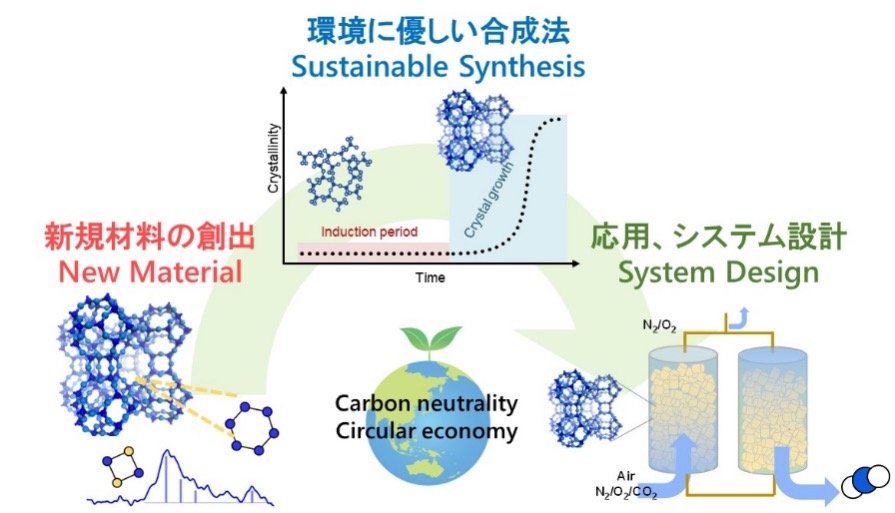
Research Keywords
- Creation of novel porous materials
- Control of decomposition and reconstruction of materials
- Development of CO2 capture/recycling systems that contribute to carbon neutrality
- Improvement of hydrothermal reactions and elucidation of their mechanisms
Environmental Risk Assessment
(Prof. Y.Oshima)
Member
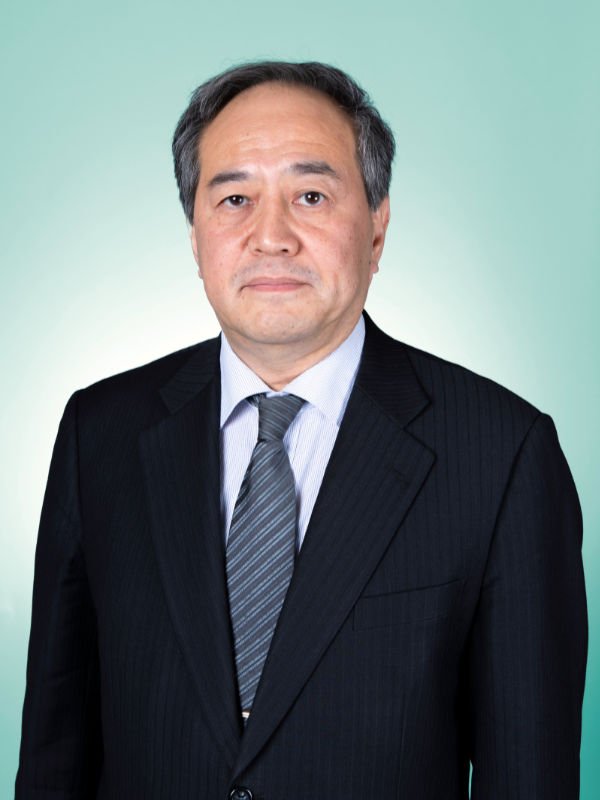
- Yoshito OSHIMA Professor
-
oshimak.u-tokyo.ac.jp
Researcher Info
Lab.HP
https://www.oshimalab.k.u-tokyo.ac.jpResearch Overview
Society's growing concern for safety and security is no exception to the trend in experimental research at universities, where cutting-edge and original research is pursued. With the promotion of research and risk being inextricably linked, it is an extremely difficult proposition to carry out research safely without compromising creativity. In light of the fact that the freedom of the researcher is the source of new discoveries, it must be accepted as a precondition to some extent that most experimental research necessarily consists of non-routine work. In order to discuss the safety of experimental research sites based on such a high degree of freedom, arbitrariness, and non-stationarity, it is necessary to logically organize the complex relationships among people, objects, and environment in the laboratory and clarify them in the structure of the laboratory system through a more quantitative analysis of the events occurring in experimental research sites.
We have named this scientific analysis of the safety structure of laboratories as "Laboratology" as a new academic field, and have been conducting research to clarify the safety structure of experimental research based on the premise of diversity and non-stationarity.
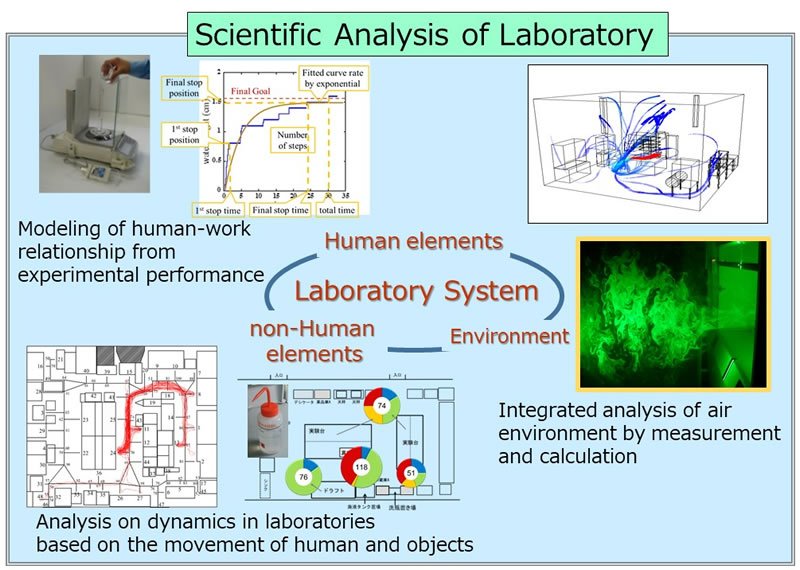
Research Keywords
- Analysis of experimenter behavior based on flow line analysis
- Laboratory design for safe and comfortable laboratory by airflow control
- Analysis of the fate of chemical substances in laboratories
- Analysis of risk perception from vision and hearing using VR technology
- Proposal of new ventilation system for prevention of spread of virus infections
- Construction of a non-empirical accident prevention system using machine learning
Environmental Safety Management
(Prof. T.Iimoto)
Member
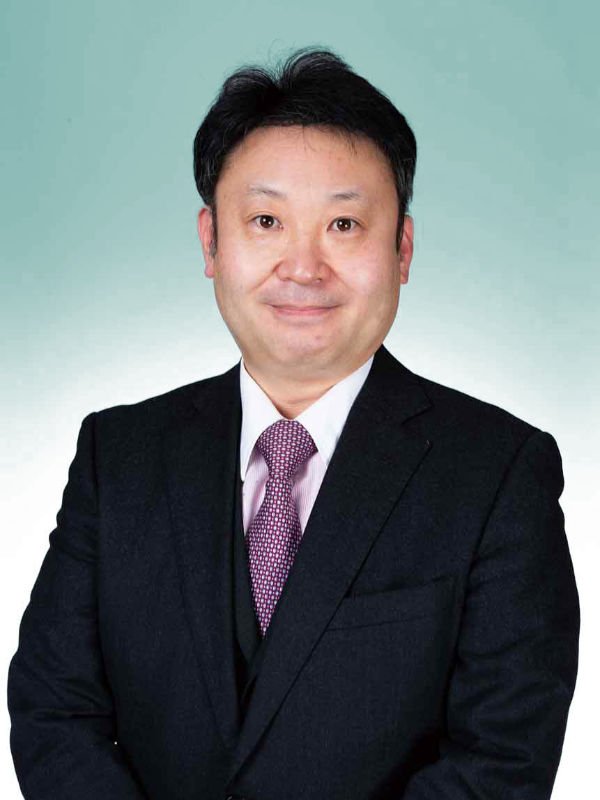
- Takeshi IIMOTO Professor
-
iimoto.takeshimail.u-tokyo.ac.jp
Researcher Info
Lab.HP
http://iimoto-kankyoanzen.adm.u-tokyo.ac.jp/Research Overview
"Radiation environment" is a typical example of an environment system relating to both humans and surrounding society. Our research field "Environmental Safety Management" covers all studies on safety and risk management, mainly in radiation environments. The keywords of our research are "radiation and radioactive materials" and "radiological protection". We pursue studies from the viewpoints of both natural and social sciences. Our main research targets are:
(1) Development of methods for radiation measurement and dosimetry.
(2) Study of safety measures for radiation applications and the management of radioactive waste materials.
(3) Study on natural radiation environments and naturally occurring radioactive materials.
(4) Study on environmental protection and environmental assessment on radiation.
(5) Study on risk management and risk communication, etc.
Our research themes are selected from timely discussion points and needs relating to activities of IAEA, UNSCEAR, ICRP and regulatory science in Japan.
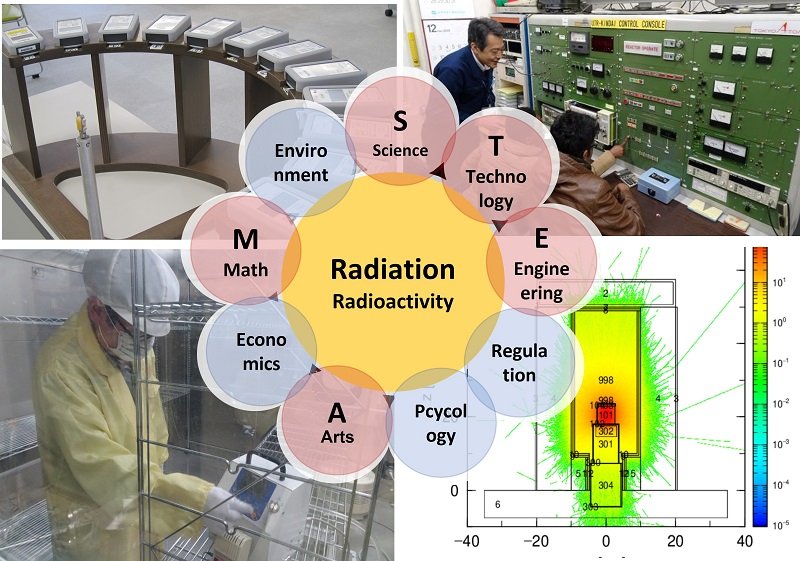
Research Keywords
- radiation safety
- radiation protection
- radiation and radioactive materials
- radiation environments
Environmental Social Systems
(Assoc. Prof. T.Ihara)
Member
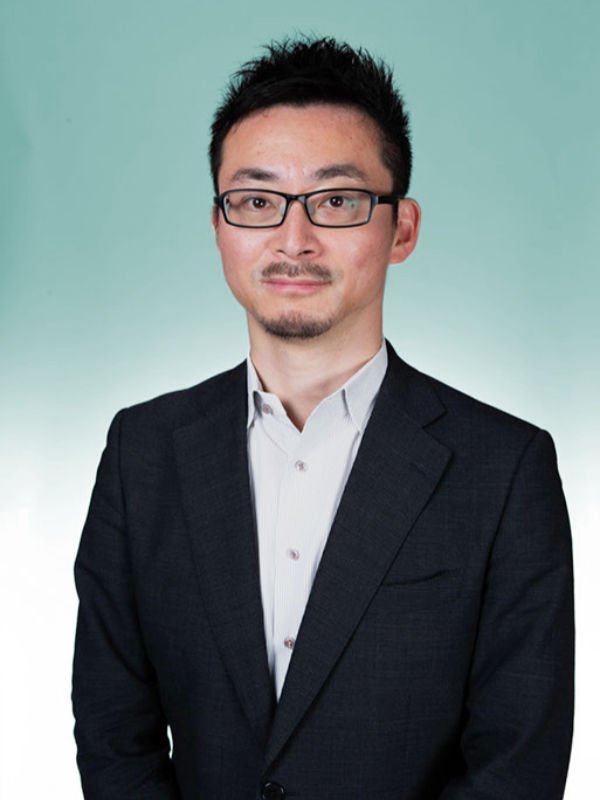
- Tomohiko IHARA Associate Professor
-
ihara-tk.u-tokyo.ac.jp
Researcher Info
Lab.HP
https://www.lct.k.u-tokyo.ac.jp/Research Overview
Based on life cycle thinking, which takes a bird's eye view of things rather than a single aspect, we are designing countermeasures against global warming that are truly desirable in society.
Various adaptation measures are being considered for urban warming (global warming + urban heat island). In our laboratory, we use tools such as urban meteorology-building energy simulation, epidemiological study, statistical analysis, and life cycle assessment to evaluate not only outdoor temperature but also building energy consumption and human health when adaptation measures are introduced. Furthermore, we integrate them based on life cycle thinking in order to find better adaptation measures for society as a whole.
We also conduct research to assess the environmental and social impacts of consumers' daily lives through life cycle assessment and social life cycle assessment to search for mitigation measures that can reduce these impacts.
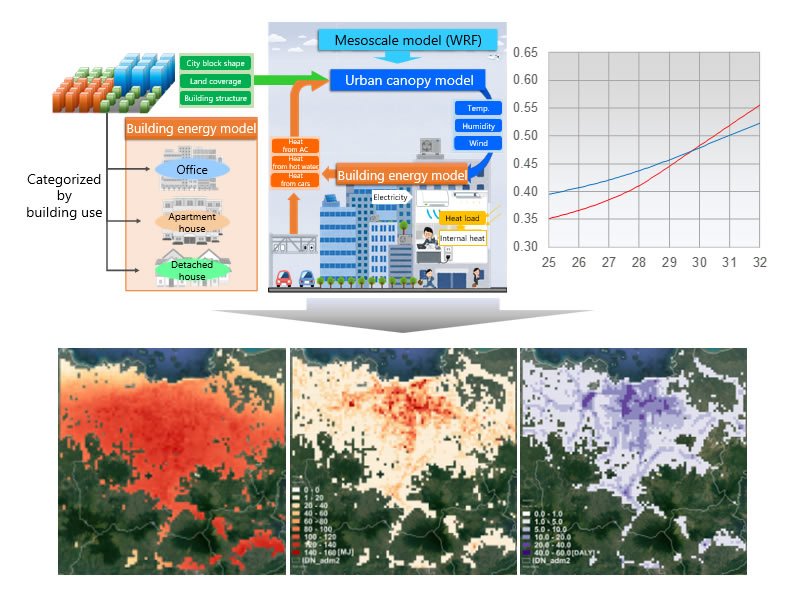
Research Keywords
- Design of global warming adaptation measures in mega cities
- Evaluation of local energy systems
- Exploration of consumer behaviors that can reduce environmental and social impacts
- Life cycle thinking, cities, climate change, urban heat island, energy, human health, consumer behavior
Material Cycles and Social Systems
(Assoc. Prof. A.Yoshida)
Member
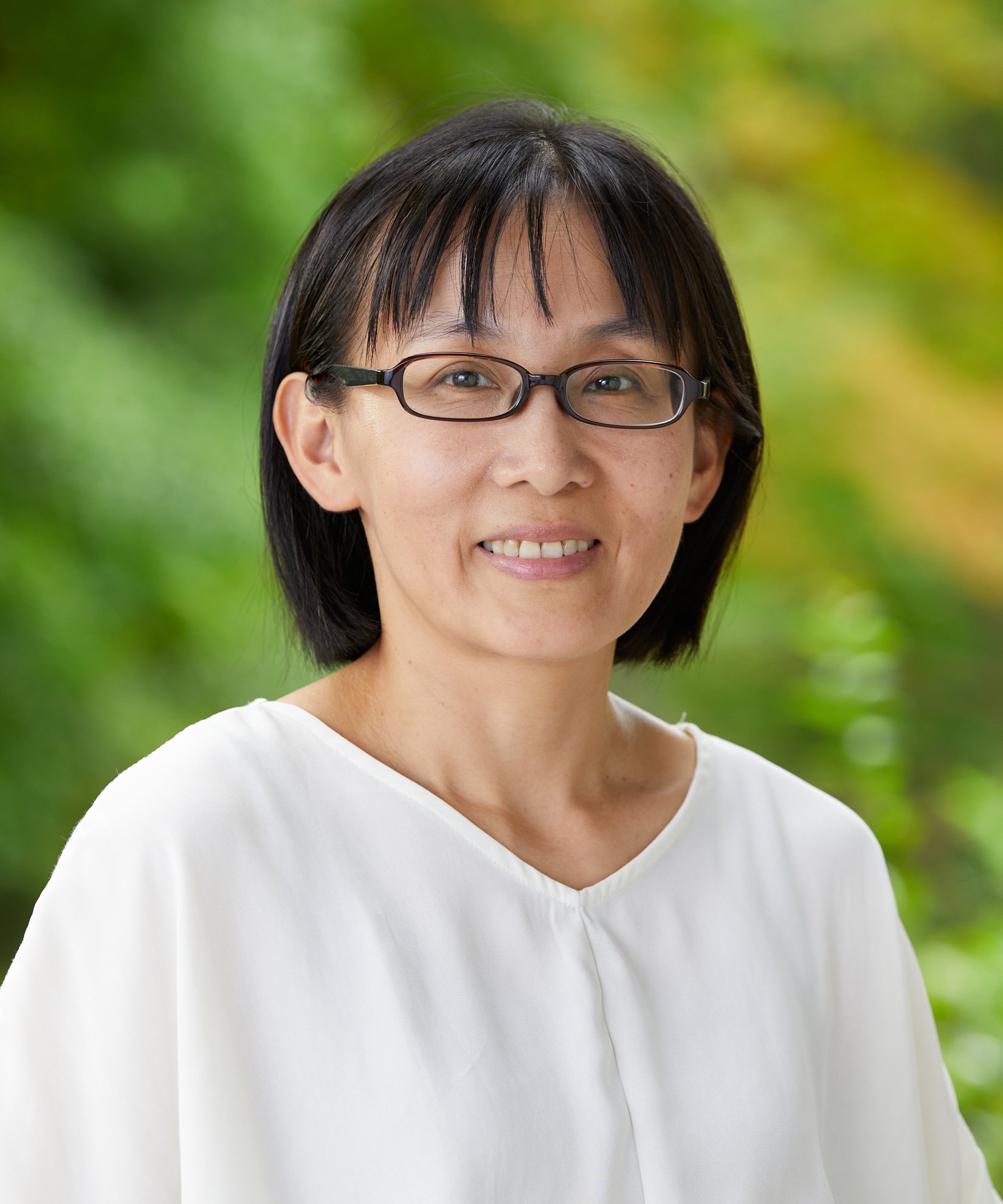
- Aya YOSHIDA Associate Professor
-
yoshid9723edu.k.u-tokyo.ac.jp
Researcher Info
Lab.HP
https://sites.google.com/edu.k.u-tokyo.ac.jp/ayosResearch Overview
We use various things and resources in our daily lives. Where and how do used goods/waste no longer used to be gone? Are they reused, recycled, or discarded?
Our laboratory conducts field surveys and interviews on the material flow of used products and waste. We also research trends in lifestyles and business that will further promote constructing a sound material-cycle society through resource circulation and lead to a shift to a more sustainable and dematerialized society.
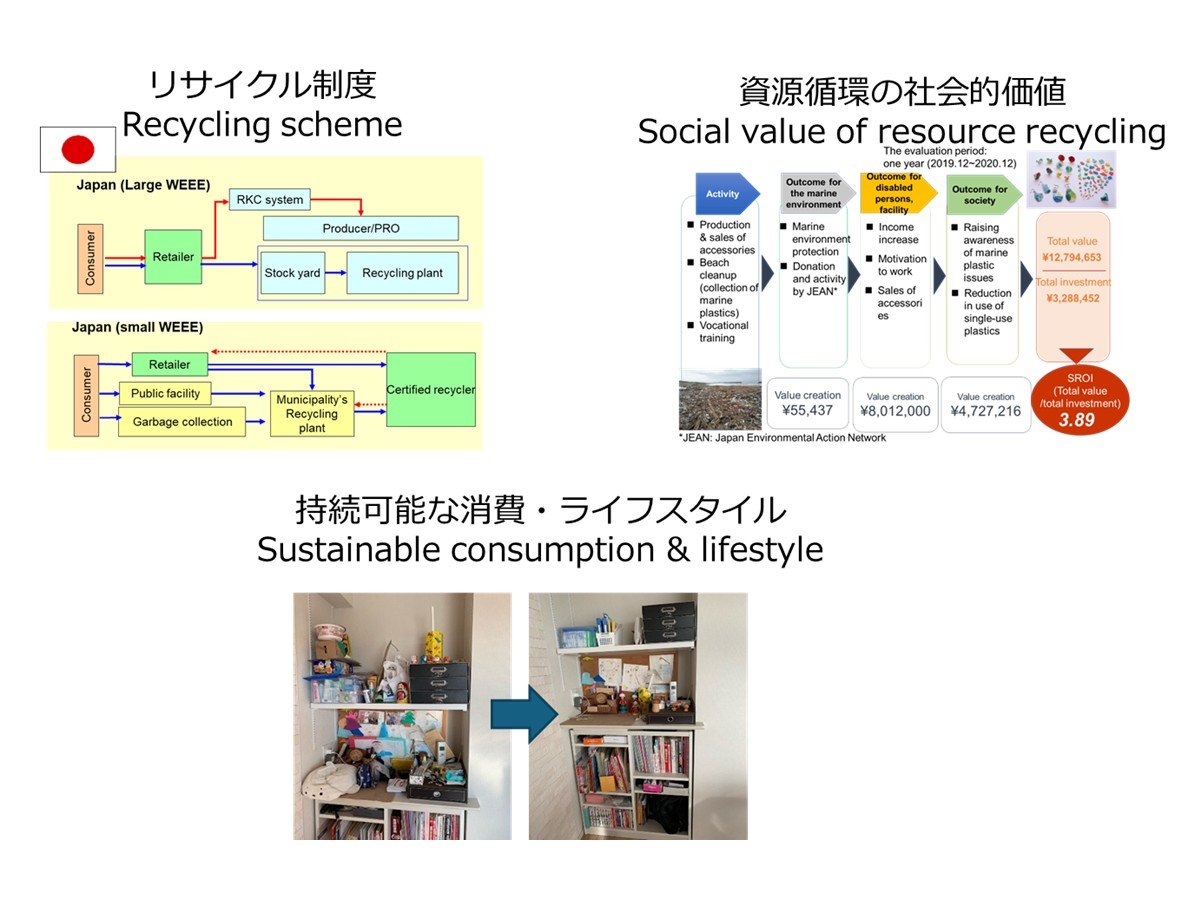
Research Keywords
- Analysis of recycling laws and systems for used products
- Calculation of the social value created by reuse/recycling activities
- Transition to resource-saving and decarbonized lifestyles
- Transboundary movement of waste/recyclable resources, waste electrical and electronic equipment (E-waste), used clothes collection, tidying, sharing economy, circular economy
Transition to a Cycle-Oriented Society
(Prof. Y.Hijioka / Prof. M.Fujii / Prof. K.Nakajima)
Member
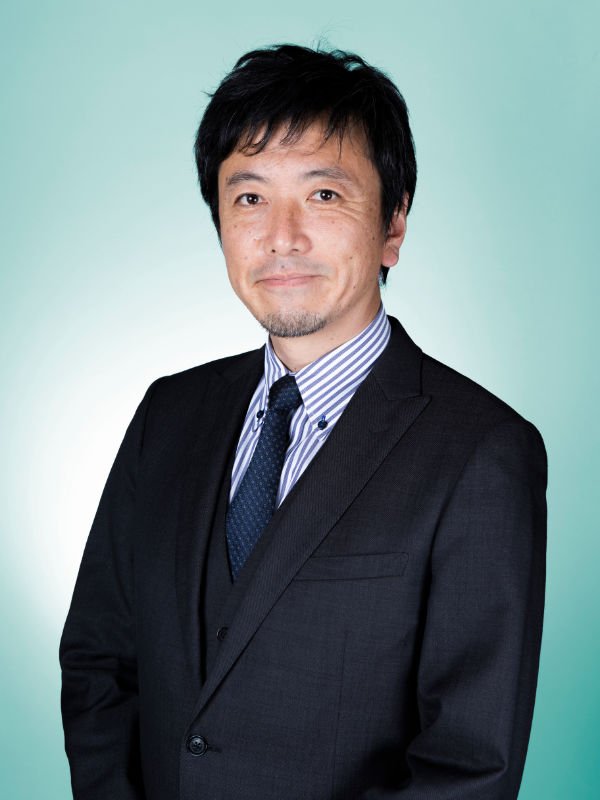
- Yasuaki HIJIOKA Professor
-
hijiokanies.go.jp
Researcher Info
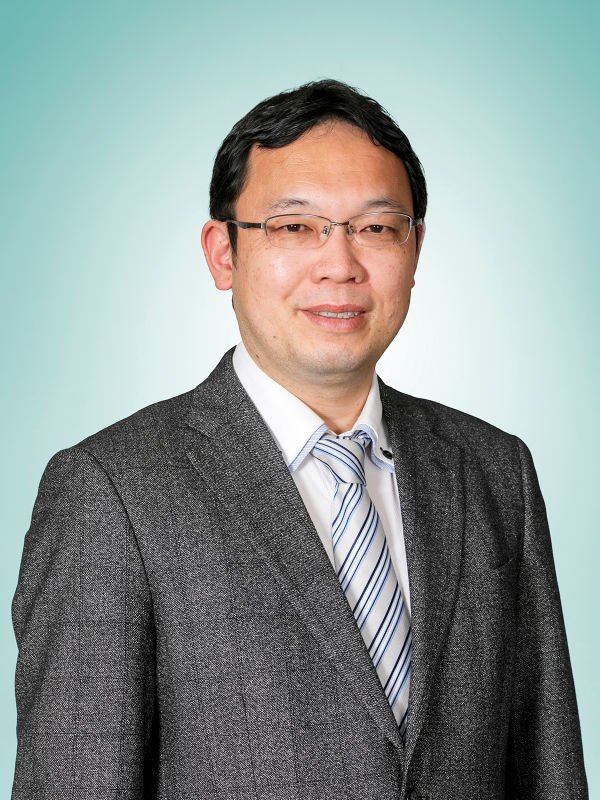
- Minoru FUJII Professor
-
m-fujiinies.go.jp
Researcher Info
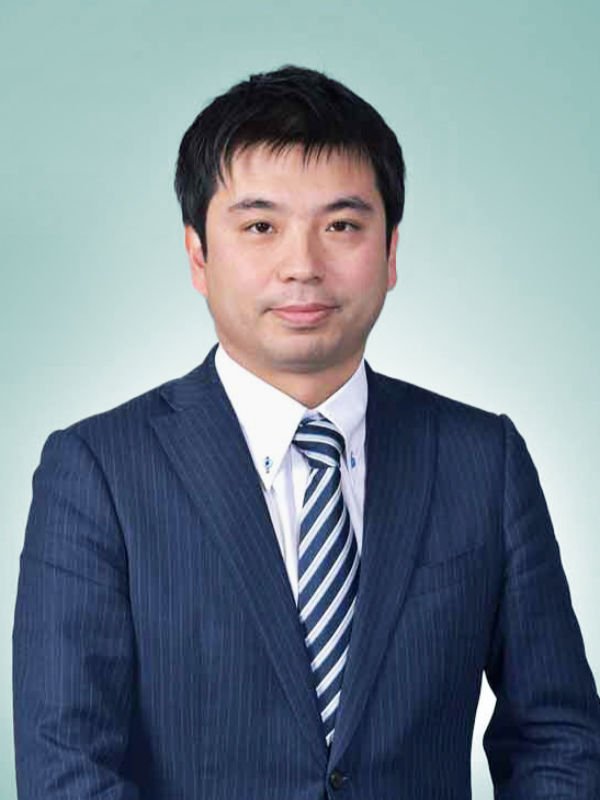
- Kenichi NAKAJIMA Associate Professor
-
nakajima.kenichinies.go.jp
Researcher Info
Lab.HP
http://envsys.k.u-tokyo.ac.jp/tcos/Research Overview
A cycle-oriented society (e.g., circular economy, sound material-cycle society) is considered one of the visions for a sustainable society. However, there is no clear consensus on what kind of society it should be. On the other hand, the development of specific technologies, policies, and management methods that are thought to contribute to forming a cycle-oriented society is underway, and it is necessary to compose these as an appropriate system. In this research field, we plan to conduct the following research for the innovative transition to a sustainable society.
- What kind of society is a cycle-oriented society? What are its principles, objectives, and means?
What is the relationship between a cycle-oriented society and sustainable development?
What are the indicators to measure a cycle-oriented society? Multidisciplinary research to analyze and present the vision of a cycle-oriented society that we should aim for. - What is the state of material circulation in society?
What kind of system should be created?
Systems engineering research to design and evaluate international/regional material circulation systems in a cycle-oriented society through material flow analysis and life cycle assessment. - What are the social systems and international cooperation required to transition to a cycle-oriented society?
What kind of initiatives are needed to achieve this?
Social science research to analyze and present the concept of international cooperation.
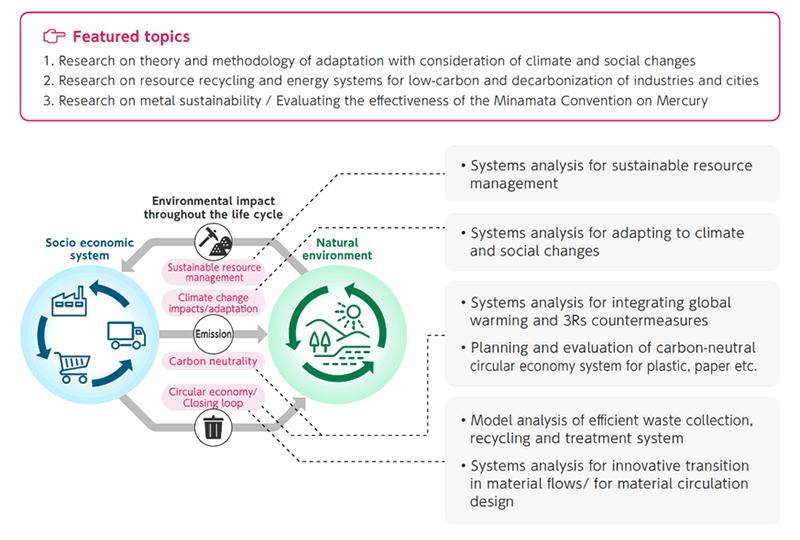
Research Keywords
- Model development for assessment of climate change impacts
- Development of an integrated Assessment model incorporating climate change adaptation and mitigation
- Assessment of political, institutional, and technological effectiveness of adaptation options
- Sophistication and improvement of resource circulation system by utilizing information technologies
- Proposal and evaluation of technological systems toward carbon neutral industries and cities
- Support for the implementation of eco-friendly technologies through industry-government-academia collaboration
- Material flow and stock accounting and lifecycle assessment for sustainable resource management
- Material Circulation design / Closing the loop of material cycles
Projects
Projects in which our faculty members are participating are listed below.

